With rising inflation, material shortages, and the ever-present demand of staying within budget, engineers and construction companies today are increasingly turning to the concept of value engineering. One important facet of this effort is safely finding ways to extend the useful service life of existing structures. When it comes to maintenance and repair, silane shortages and rising prices are making life more difficult for building owners and engineers. In light of these constraints, Cortec’s MCI®-2020 technology has become an especially important resource for value engineering at this time.
Dealing with Silane Shortages
One of the big issues engineers and building owners have recently had to deal with is a shortage of silane. Supplies are more difficult to find and more expensive. This is a big obstacle for the construction and building maintenance industry, which has typically relied on silane products for concrete water-repellency. Silane is used to limit the ingress of corrosives and is often applied during routine maintenance or at the end of a concrete repair. Contractors currently either have to swallow a higher price for the limited silane available or find other ways to protect structures from corrosion.

An excellent alternative is MCI®-2020, a Migrating Corrosion Inhibitor™ surface treatment designed to penetrate through cementitious materials including concrete, mortar, and limestone. It provides corrosion protection against carbonation, chlorides, and other contaminants. Although it does not include water-repellency like some other surface applied corrosion inhibitors (SACIs), it introduces a stronger concentration of Migrating Corrosion Inhibitor™ to reduce corrosion rates of rusted rebar in concrete. By itself, this can have a powerful impact on the longevity of the building. However, MCI®-2020 can also be followed by any water-repellent or coating system to maximize and even enhance concrete corrosion protection in the wake of silane shortages.
Reducing Time and Labor Costs
Another reason MCI®-2020 is an important resource for value engineering is its overall cost- and labor-reducing characteristics compared to other methods of corrosion protection for existing structures. For example, installing sacrificial anodes is a common method of protecting corrosion “hot spots” when performing concrete repairs. The technology works, but only if the rebar has a continuous connection to the anode. Installation is time- and labor-intensive, requiring workers to drill or chip out parts of the concrete in order to install hundreds or thousands of anodes for a typical job. To make matters worse, anodes become depleted over time and often have to be reinstalled within 10 years, requiring more excavation and repair of the concrete cover.

In contrast, MCI®-2020 is easy to apply by spray, brush, or roller to a clean concrete surface in one to two coats. It also happens to be one of the easiest SACI products on the market to apply and has the highest concentration of corrosion inhibitor. Unlike most other SACIs, MCI®-2020 requires fewer coats and less wait time between coats. It is also easier to clean (e.g., water rinse only) before applying a topical treatment (e.g., coating, water repellent, membrane system) on top.
Mitigating Corrosion on Buildings with Façades
In spite of MCI®-2020’s superior advantages over other concrete corrosion inhibitor solutions, some architecture demands still other value engineering solutions. This is the case with concrete buildings

covered by tiling, stone cladding, paint, or other façades that make it difficult if not impossible to apply the SACI to the surface without time-consuming and cost-prohibitive façade removal. MCI®-2020 Gel allows engineers and repair workers to inject the corrosion inhibitor to the depth of the rebar by drilling inconspicuous holes at routine intervals. While this process is similar to applying anodes, it is much simpler because it is not necessary to make a direct connection from an anode to the reinforcing steel. The most important advantage, however, is the cost and labor savings from not having to do major deconstruction of the exterior wall in order to apply Migrating Corrosion Inhibitors.



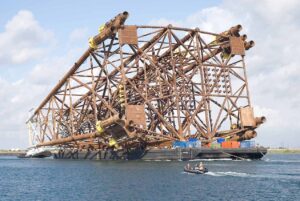












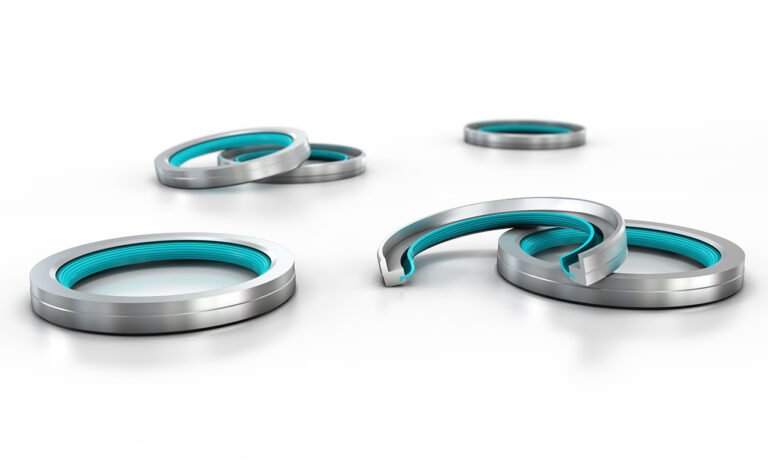

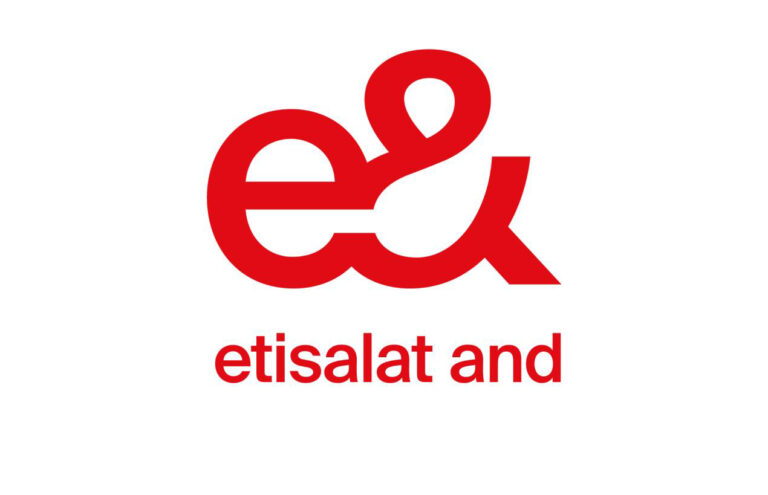



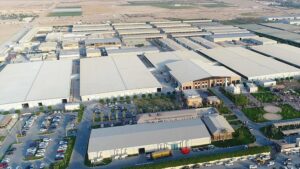

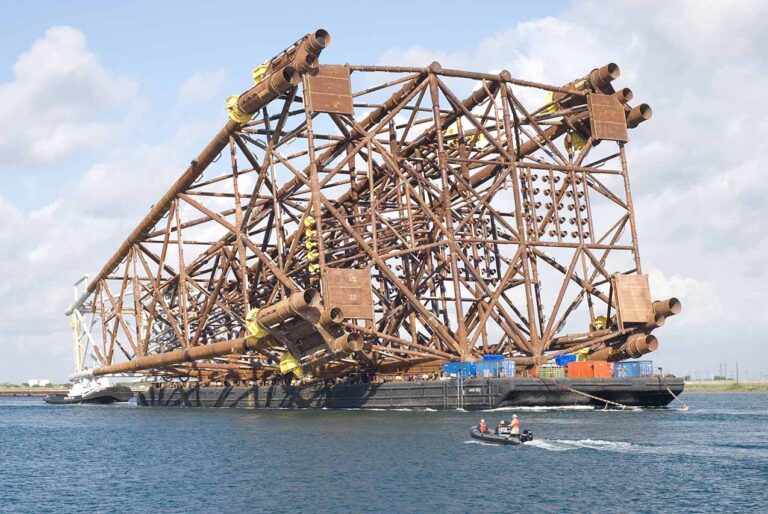



+ There are no comments
Add yours